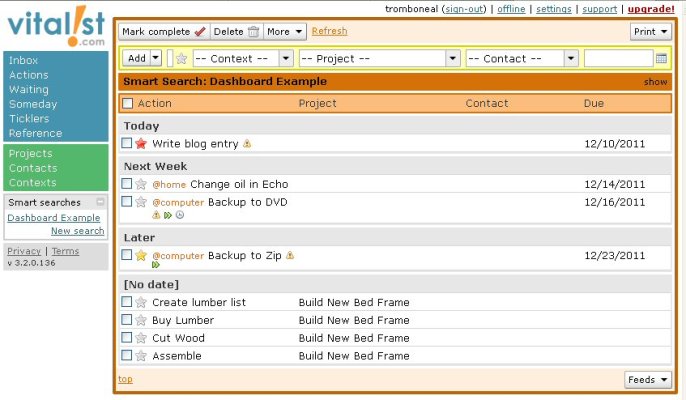Meadbh
Give me a museum and I'll fill it. (Picasso) Give me a forum ...
- Joined
- Jul 22, 2006
- Messages
- 11,401
About a decade ago (it was when I had a Sony Clie handheld) I used Franklin Covey software, which integrated with Outlook. I liked it because it helped me to focus on what was really important. Now I know what's really important without external aids.....and it is FIRE. With multiple changes in hardware over the years, I no longer pay for add-ins. I now use Outlook, which synchs with my BB. For lists, I use Outlook's Task list, and Lister or Our Groceries are good apps too. I travel a lot and love Blackberry Travel.

